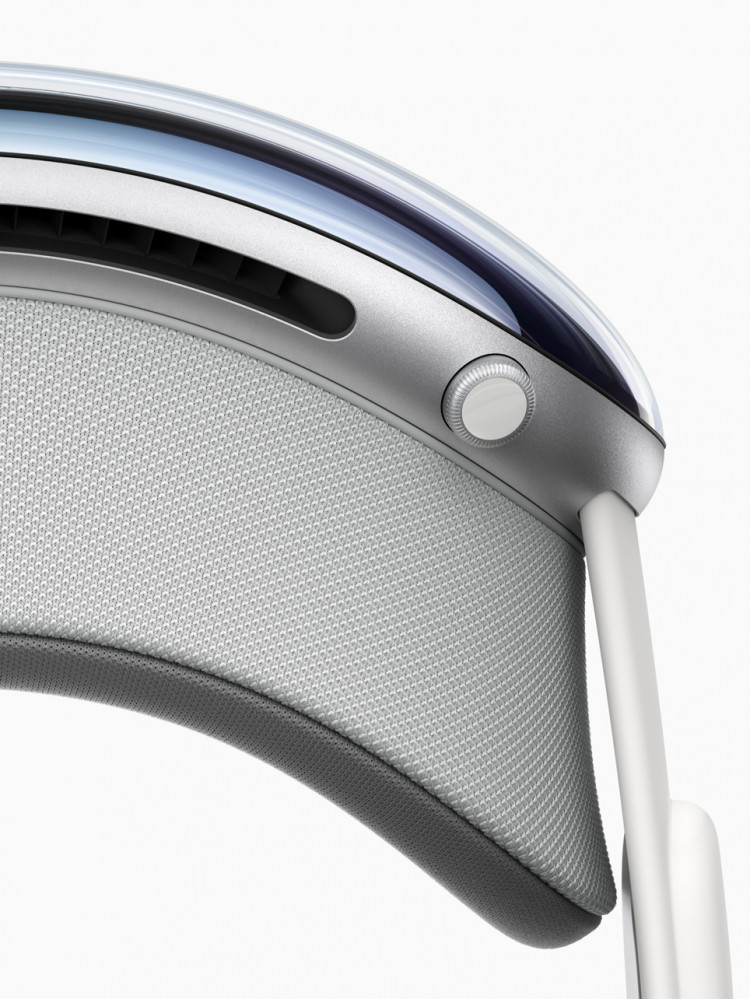At the launch of the new generation MR headset, Vision Pro, Tim Cook made a bold statement: Apple's Vision Pro will usher in a new era of spatial computing.
Clearly, Apple's old rivals do not want to see a repeat of the iPhone-dominated era of spatial computing, and a battle similar to Android vs iOS could soon extend to MR.
The fight has quietly begun. As Apple's WWDC conference stole the limelight and generated heat, Android camp members Google, Samsung, and Qualcomm have also been silently working hard.
According to a report by South Korean media Business Korea, Google, Samsung, and Qualcomm are developing MR products, with Google developing the MR operating system, and Samsung and Qualcomm respectively responsible for developing MR hardware and dedicated chips. It is expected that these products could launch as early as this year.
In February, Samsung had already submitted a trademark application for Galaxy Glasses to the Korean Intellectual Property Office. Business Korea cited insiders as saying that Samsung's MR product might be thinner, looking more like glasses than ski goggles, like Apple's Vision Pro.
Previously, at Google's I/O conference in May, Google Product Vice President Sameer Samat had revealed that the company was working with Samsung in the XR (the combined field of AR/VR/MR) arena and indicated that more information would be shared later this year.
This is the Android camp's first collaboration in the MR market. Before, Google had launched the VR project Daydream, but declared its discontinuation after several years of development; Samsung also launched a VR headset in 2014 but has not updated any related products since.
At present, common VR headsets on the market, like ByteDance's Pico and Meta's Quest, have operating systems customized from Android, while Android camp does not yet have an OS dedicated to virtual reality scenarios. Apple's Vision Pro, on the other hand, runs on Vision OS, an operating system specifically developed by Apple for MR.
As the Android group follows in Apple's footsteps by developing MR devices, industry insiders are watching this market's growth potential very closely. Market research firm Counterpoint Research predicts that the global shipment of XR headsets will grow from 18 million units in 2022 to 110 million units in 2025, and will reach 1 billion units by 2030.






